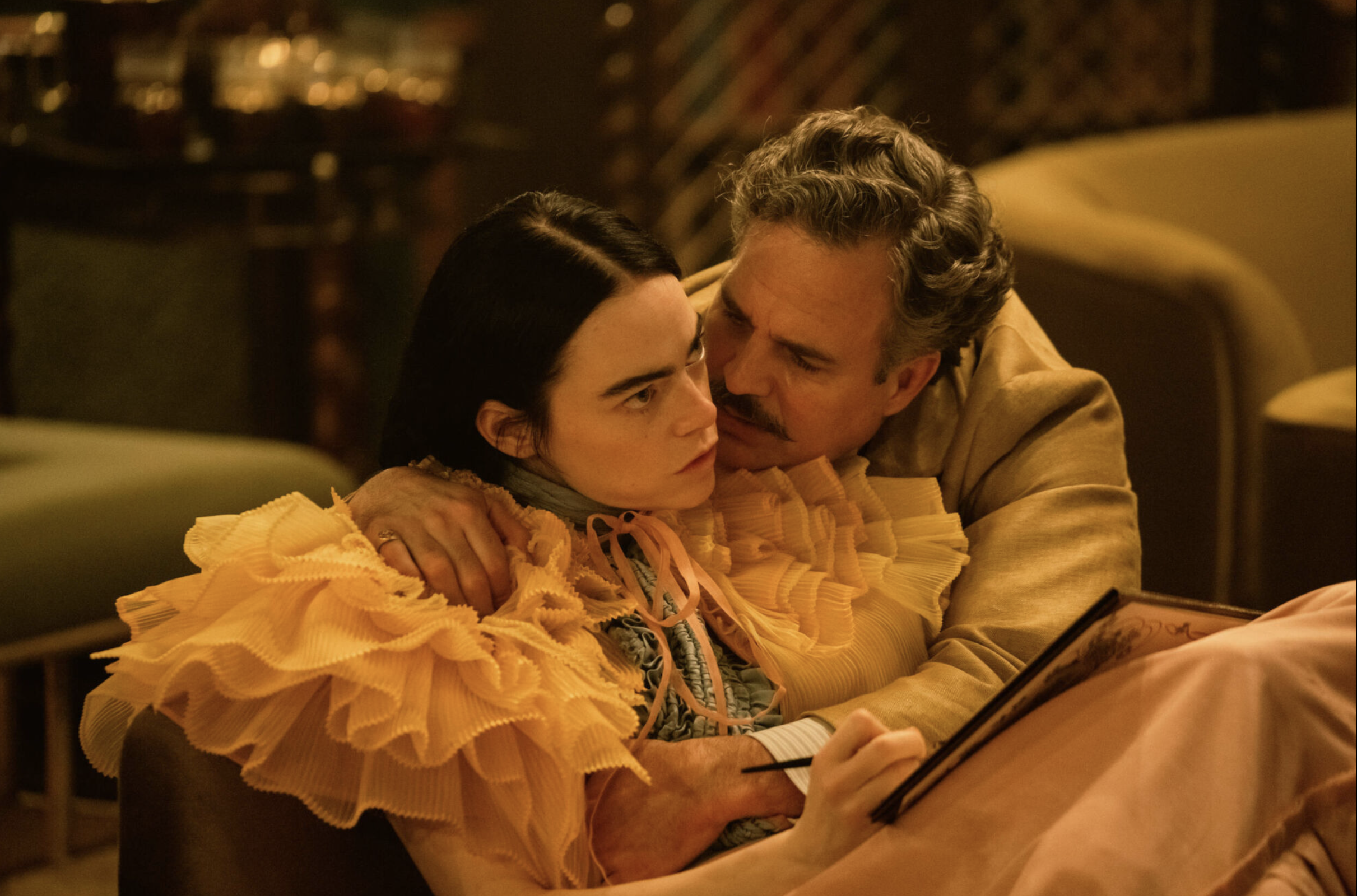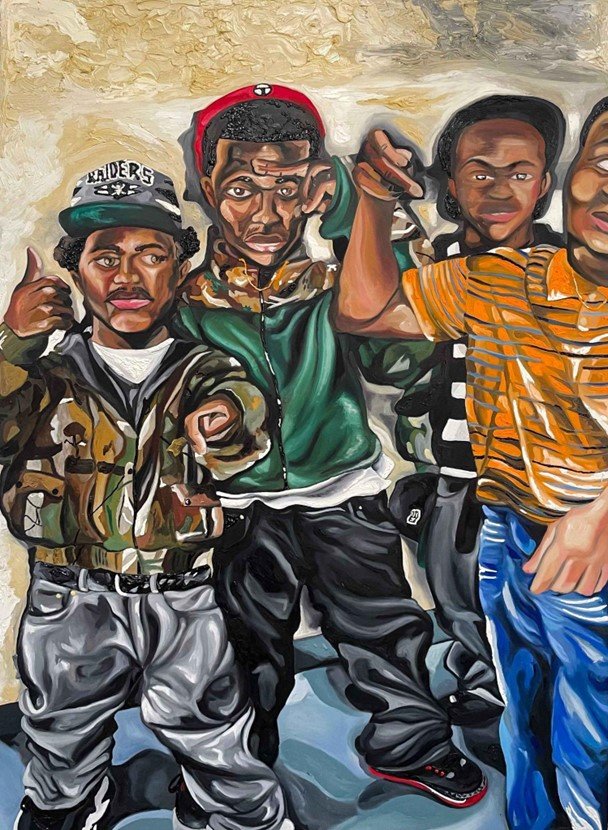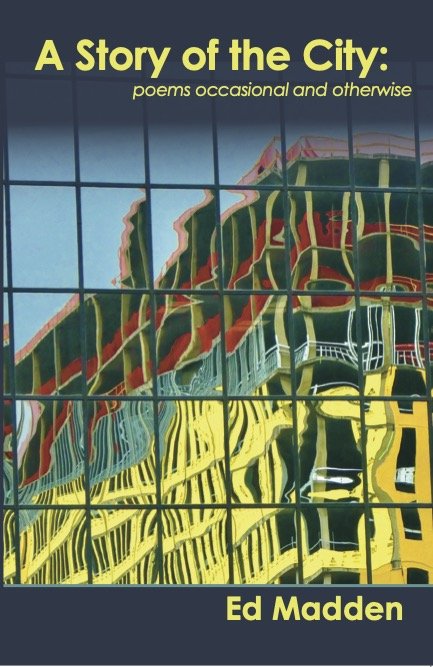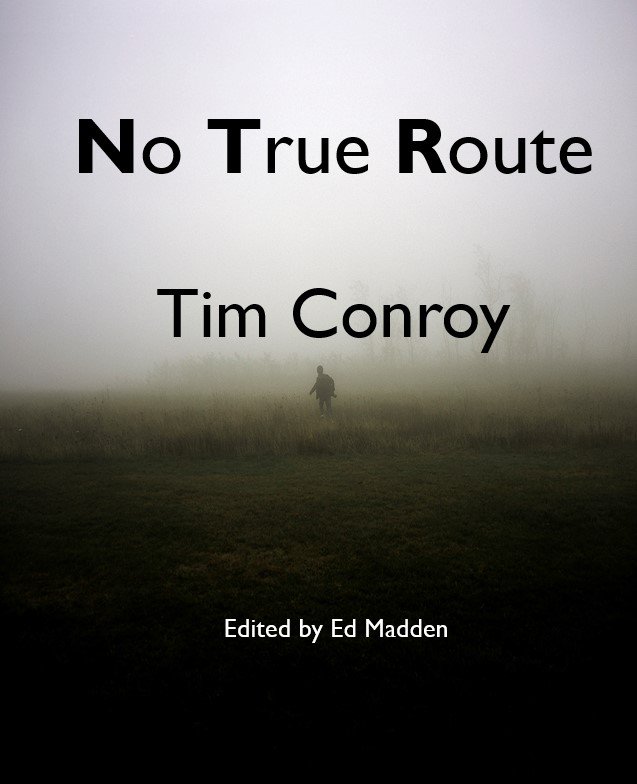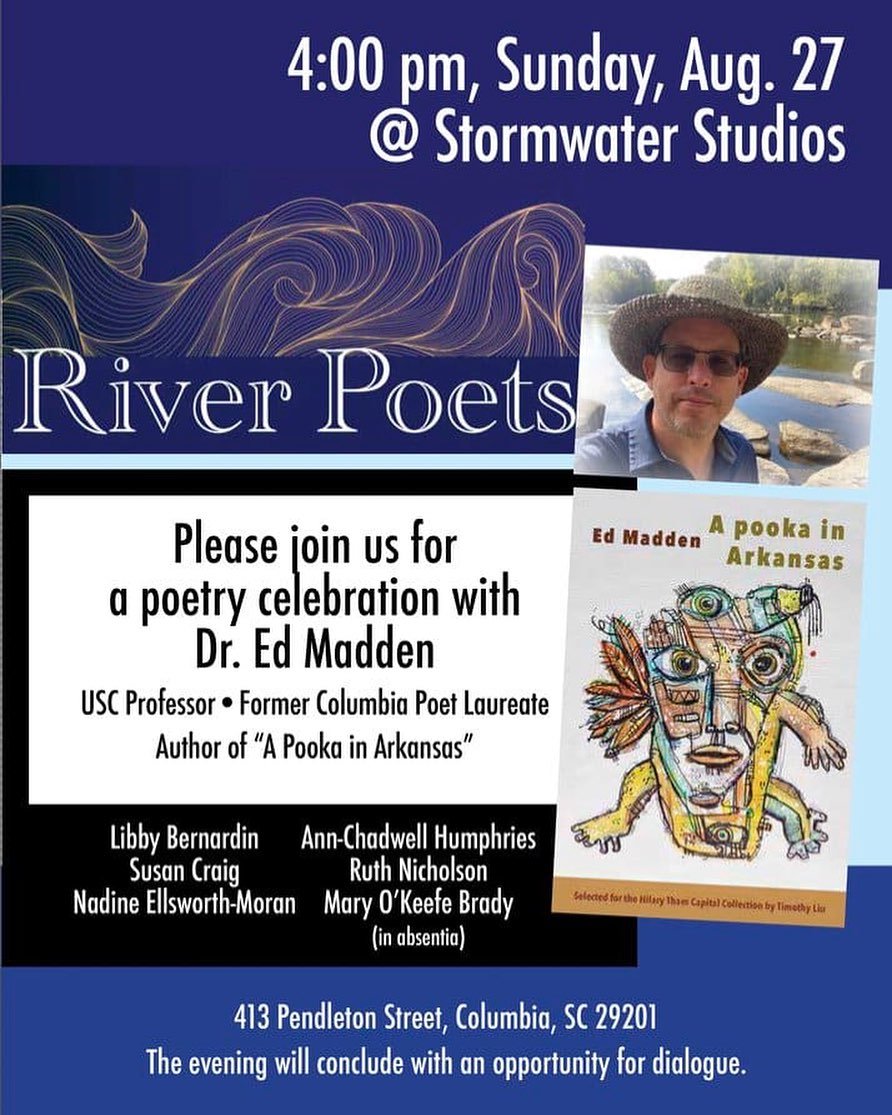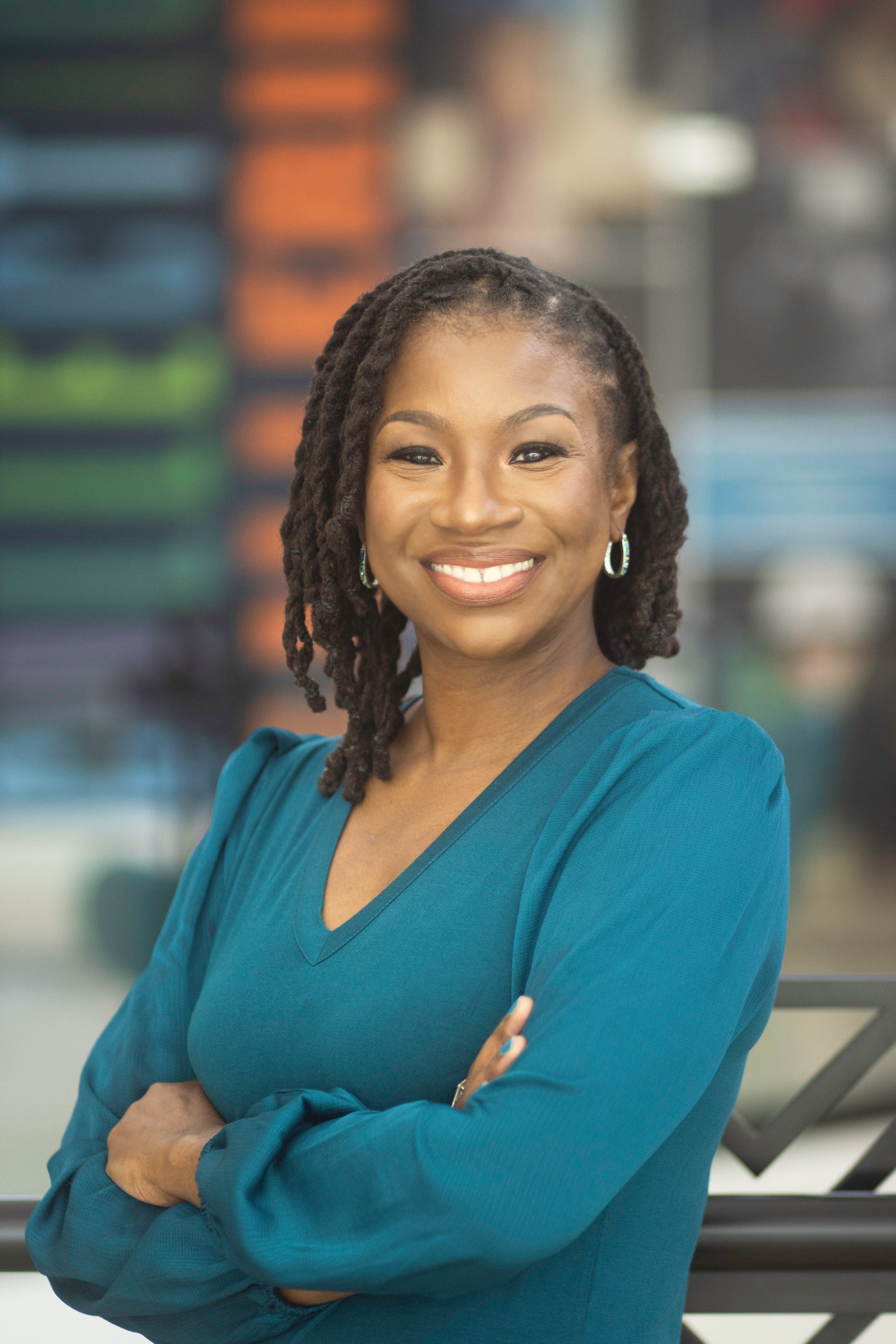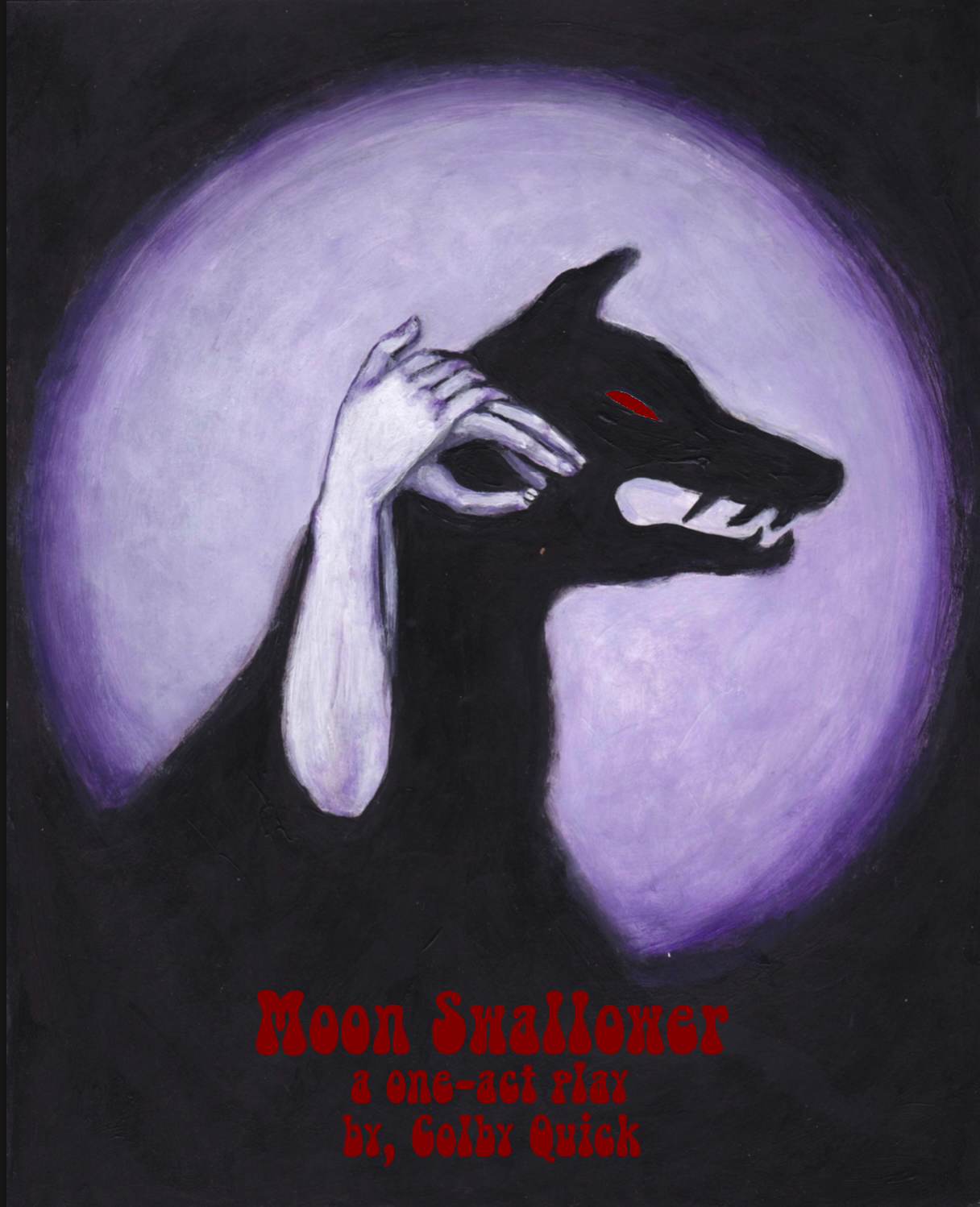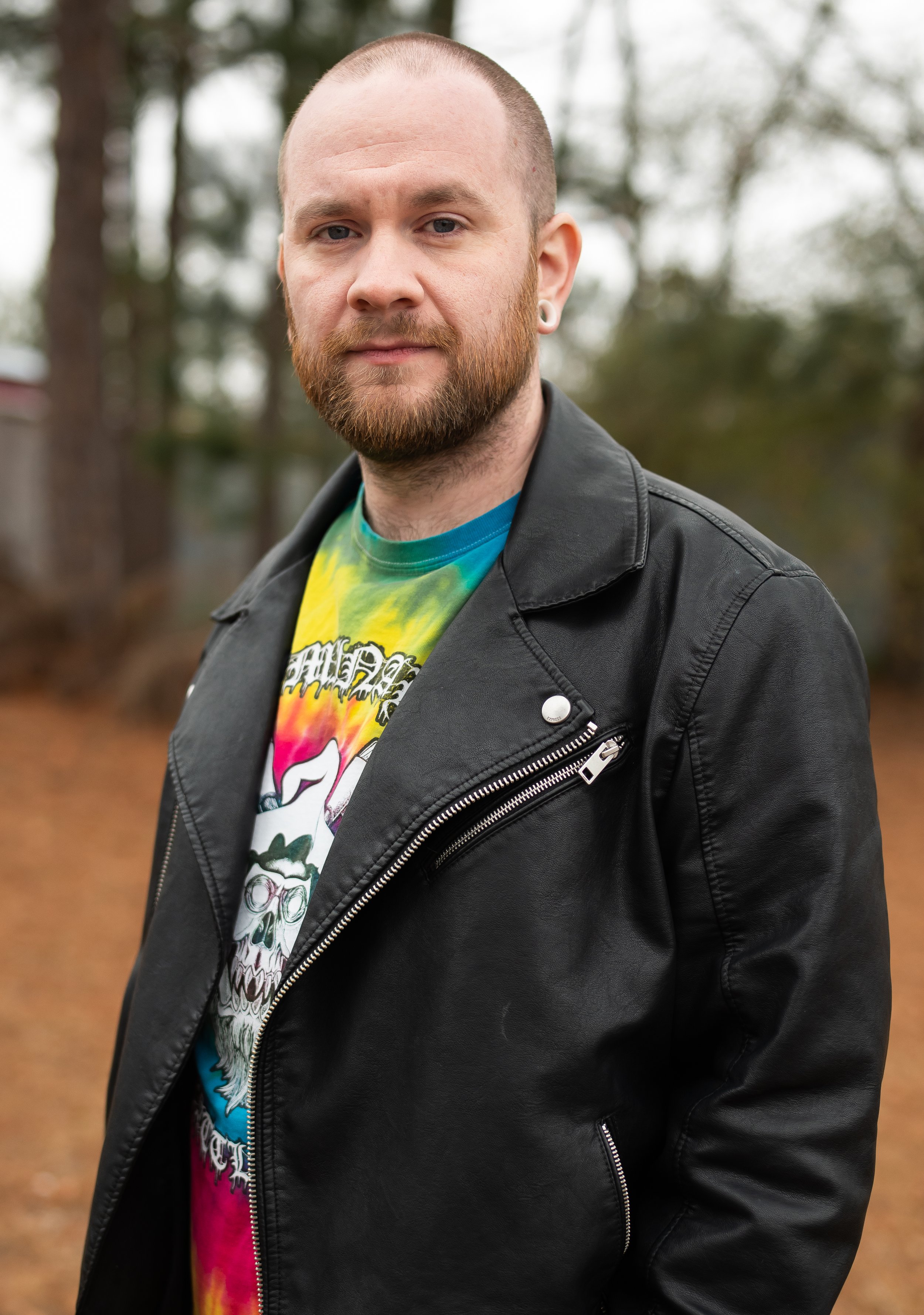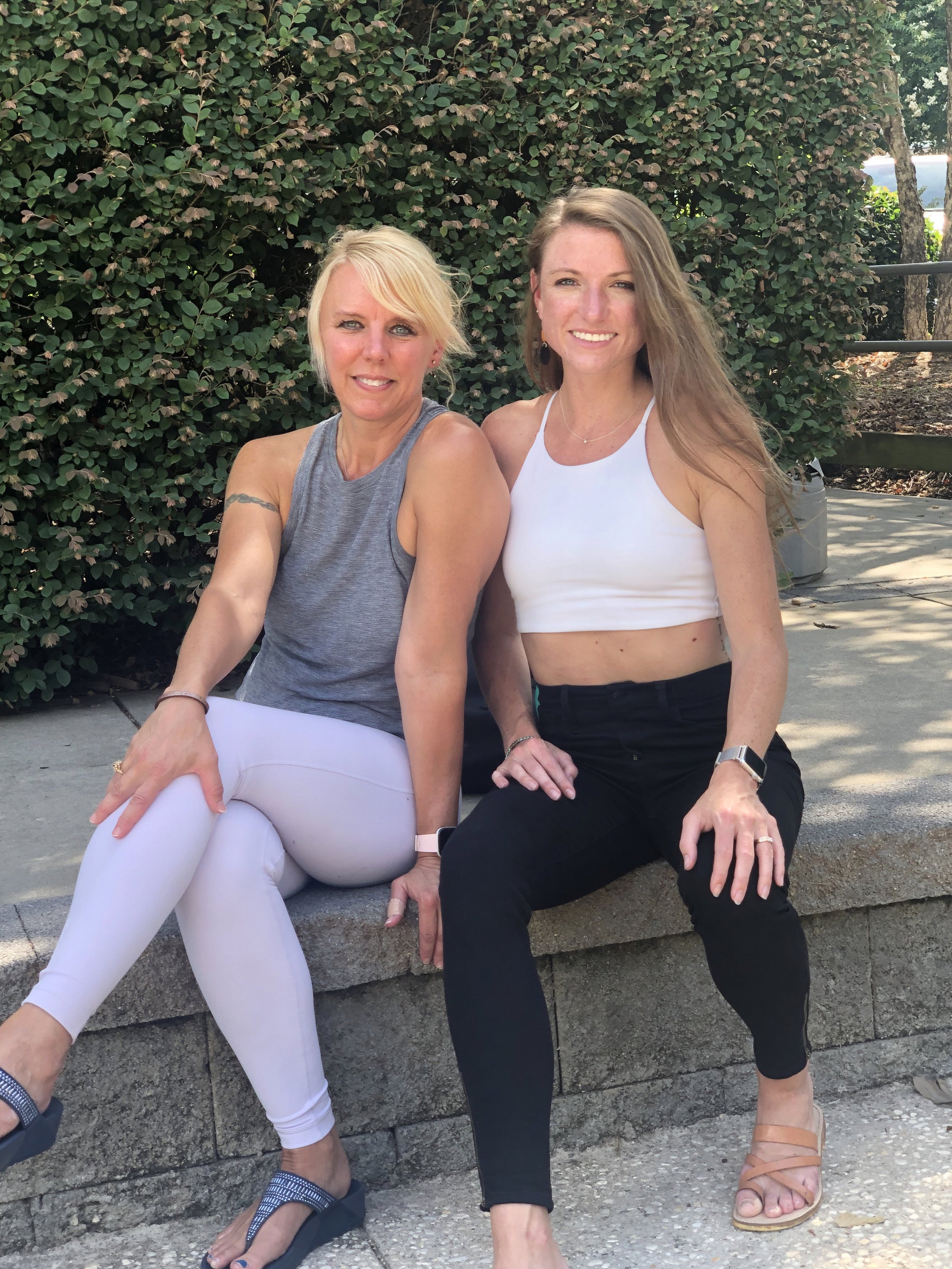Longtime Jasper Magazine Poetry Editor, USC Professor, Author, and Inaugural Poet Laureate for the City of Columbia Ed Madden writes about the history that informs the Jasper Project’s upcoming Degenerate Art Project at Stormwater Studios, July 9 - 12.
Madden will also participate in the project’s Night of Protest Poetry on July 10th.
Germans line up to enter Hitler’s 1937 Degenerate Art Exhibition
Why do you call it “degenerate art”?
By Ed Madden
“Pick your oppressive regime through time and you will find efforts to
control the arts.”
The Guardian, 22 Feb 2025
On July 19, 1937, the Nazi government opened an exhibition in Munich of what they called Entartete Kunst or “degenerate art.” Only days before, Nazi culture warriors had scoured 32 of the nation’s public museums, determined to purge them of any work they considered incompatible with German values. Degenerate art was modernist art, abstract, expressive, as well as anything that represented “primitive” peoples and anything by a Jewish artist. Among those whose work was condemned by the Nazis were Max Beckmann, Marc Chagall, Otto Dix, Wassily Kandinsky, Paul Klee, as well as Henri Matisse, Pablo Picasso, and Vincent van Gogh. German artists who fell beneath the Nazi ax were fired from teaching positions, prohibited from exhibition, even from producing or selling art, forced to emigrate. The show contained 650 paintings, sculptures, prints, all arranged chaotically and grouped in defamatory categories. Like a typical Trump tweet, the walls were filled with derogatory accusations—the artists were “incompetent” and “charlatans,” the artwork an insult to Germany, to its war heroes and farmers, to German womanhood, a waste of taxpayer funds.
The exhibit was staged in tandem with the Great German Art Exhibition, which opened nearby the day before and featured Nazi-approved art, most of it classical and realist, grounded in the Nazi paradigms of nationalism and racial purity—what a recent article describes as “mostly blond people in heroic poses amid German landscapes.” Classical Greek and Roman ideals of beauty, which Hitler deemed representative of racial purity, were contrasted with the disorderly exhibit of primitive, Jewish, and distorted bodies of modernism, as well as maimed and shellshocked veterans of the Great War. (Look up Otto Dix’s “War Cripples.” Also remember how Trump disparaged a disabled veteran in 2019: “Why do you bring people like that here? No one wants to see that.”) Modernist art was diseased, deformed, “degenerate,” a term that merged aesthetic categories with anxieties about social and sexual hygiene and racial purity. They wanted to make Germany healthy again.
Music (specifically jazz), films, and literature also faced Nazi censorship. The degenerate exhibit was the culmination of a long campaign of censorship and suppression that began with widespread book burnings across Germany on May 10, 1933. As they tossed books into the flames, they chanted condemnations of “moral disintegration” and “the falsification of our history.” They praised nationalism and family values—upholding discipline and tradition in family and state”—and they demanded appropriate “reverence for our past.”
Four days before, Nazi students looted Magnus Hirschfeld’s Institute of Sex Research in Berlin, the first major institution of modern sexological research, which provided gender-affirming care and surgery to transgender people. As it is for MAGA, so it was the Nazis: transgender identity was to be erased, destroyed. The books and irreplaceable records were loaded onto trucks and taken to a town square near the Berlin Opera House to be burned in a giant bonfire in which over 25,000 books were destroyed.
That was 1933. By the time of the 1937 Degenerate Art show, Dachau had been running for four years. Other concentration camps had opened both in Germany and abroad, housing political prisoners and racial, sexual, and religious minorities. The armed services had been forced to swear allegiance not to the nation but to Hitler. Only two years earlier, the government had stripped Eastern European Jewish migrants of citizenship, as well as Roma and those of African descent. They were no longer citizens of Germany. In August of the following year, Germany would ramp up the pace of forced emigration of Jews; in November, they would attack synagogues, expel Jewish students from German schools, and send 30,000 men to the concentration camps. In 1941, eight years after the book burnings, only four years after the Entartete Kunst show, Germany began the systematic killing of Jewish people.
Why do we call this show a “degenerate art” show?
To signal the ways that authoritarian regimes attempt to control the arts.
While admitting that MAGA and the Third Reich are not the same, The Guardian noted in February that Trump’s “cultural decrees are very much a part of the authoritarian playbook to suppress dissent, scapegoat select groups and seize power.” As they put it, “Trump’s efforts to exert control over art typify the strategy of a dictator.” Critical to that control of the arts is the takeover of public institutions and the ability to grant or withhold funds.
Trump has cancelled almost all grants from the National Endowment for the Arts and the National Endowment for the Humanities, suggesting both should be eliminated while also mandating that all funding from cancelled grants be redirected only into initiatives that celebrate the 250th anniversary of the Declaration of Independence. He has appointed insurance attorney and former beauty pageant contestant Lindsay Halligan to remove “improper ideology” from the Smithsonian museums, and he has mandated signage in all national parks in an attempt to root out any negative representations of the past.
He has called for the creation of a National Garden of American Heroes—250 life-sized statutes to be completed before July 4, 2026, to be perhaps placed near Mount Rushmore. He stipulates in funding guidelines, of course, that the statues cannot be “abstract or modernist.” Like Hitler, he hates modernism. He has openly fantasized about being carved into Mount Rushmore himself, so sycophant Rep. Anna Paulina Luna of Florida has introduced a bill to arrange for that to happen. Our own Rep. Joe Wilson has introduced legislation to put Trump’s face on the (nonexistent) $250 bill.
To connect the politics of culture, too easily dismissed as symbolic or irrelevant, to the discourses of national identity and citizenship—to the treatment of migrants and the scapegoating of racial and sexual minorities.
Whether it’s Gleichschaltung (the Nazi alignment of all elements of society with Nazi ideology) or the Seven Mountains Mandate of Christian nationalists, fascism would force art into the service of the state. Earlier this year, when Trump purged the board of the Kennedy Center of Performing Arts and named himself chair, he posted on Truth Social, “NO MORE DRAG SHOWS, OR OTHER ANTI-AMERICAN PROPAGANDA.” For Trump, art is just another way to tighten the noose on what and who counts (or doesn’t count) as American.
As I write this, the last of the trans members of the military are facing a final deadline to leave the service or face dismissal and loss of benefits. As I write this, Trump is threatening to arrest New York mayoral candidate Zohran Mamdani, strip him of his citizenship, and deport him. As I write this, Trump has announced the opening of a concentration camp in Florida, and the news is filled with photos of massive cages for people, official government propaganda cartoons of grinning alligators in ICE caps, and Republicans marketing concentration camp paraphernalia. Yes, you can celebrate racism and cruelty with a Koozie for your beer.
That, we might argue, is truly degenerate.
So we’re calling this a degenerate art show to emphasize the importance of protest art.
Inspired by—and reclaiming—the legacy of Nazi-labeled “degenerate art,” the Jasper Project is championing creative resistance and free expression. Thinking about the echoes between then and now, we are also thinking carefully—strategically, hopefully—about what art can do.
Resist. Protest. Interrogate. Refuse. Break a silence. Hold up a light. Make a connection. Embrace a community. Illuminate an experience.
Art can imagine a different kind of nation.
Welcome to the Jasper Project’s Degenerate Art Project.
Sources
“Culture Wars: Trump’s takeover of arts is straight from the dictator playbook,” The Guardian, 22 Feb 2025.
“Degenerate Art”: The Fate of the Avant-Garde in Nazi Germany. Exhibition guide. Los Angeles County Museum of Art, 1991.
“’Entartete Kunst’: The Nazis’ inventory of ‘degenerate art,” Victoria and Albert Museum, n.d.
“The Forgotten History of the World’s First Trans Clinic,” Scientific American, 10 May 2021.
Lips, Eva. Savage Symphony: A Personal Record of the Third Reich. Random House, 1938.
“Timeline of the Holocaust: 1933-1945,” Teacher Resources for the Holocaust Exhibit, Museum of Tolerance, Los Angeles, CA.






